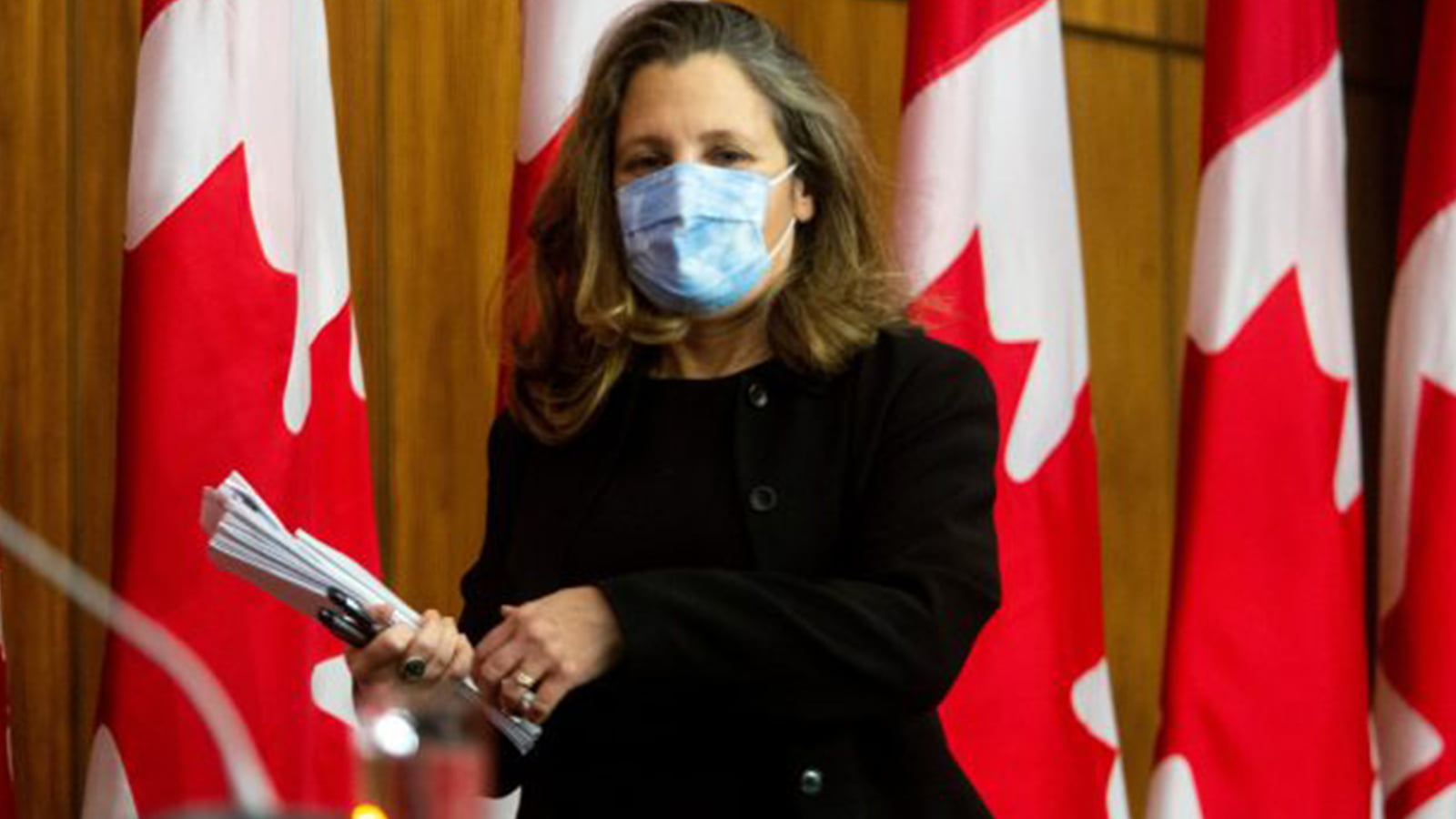For many politicians, spending on child care has not been worth the political and fiscal expense for the potential return in votes in the next election.
A Canada-wide system of high-quality early childhood education and child care ticks almost all the boxes: it’s good for kids, it more than pays for itself, it generates increased revenues for governments, it creates jobs, it fosters gender equality, it’s an anti-poverty measure, and it massively assists parents, especially women, in remaining in the workforce. Despite this, Canada remains an international laggard in child care, with varying quality, long waiting lists, high fees, and, in most of the country, a patchwork rather than a system.
In spite of the clear and broad social benefits, polls of voters suggest that child-care policy hasn’t seemed to rank very high. While a recent poll suggested that an overwhelming majority of Canadian parents support greater government investment in child care, historically, they only connected this to voting intentions while their kids were in need of it, but haven’t prioritized it once their kids were older. Politicians have interpreted this to mean that it is not worth the political and fiscal expense for the potential return in votes in the next election. This interpretation was wrong before the pandemic, and all the more so now as we begin to rebuild from it.




